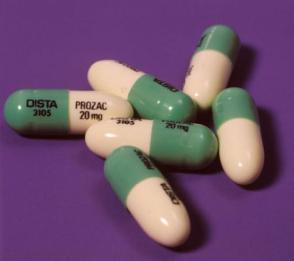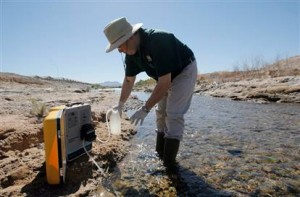
Six capsules of Prozac
They are among the biggest-selling drugs of all time, the “happiness pills” that supposedly lift the moods of those who suffer depression and are taken by millions of people in the UK every year. But one of the largest studies of modern antidepressant drugs has found that they have no clinically significant effect. In other words, they don’t work.
The finding will send shock waves through the medical profession and patients and raises serious questions about the regulation of the multinational pharmaceutical industry, which was accused yesterday of withholding data on the drugs.
It also came as Alan Johnson, the Health Secretary, announced that 3,600 therapists are to be trained during the next three years to provide nationwide access through the GP service to “talking treatments” for depression, instead of drugs, in a £170m scheme. The popularity of the new generation of antidepressants, which include the best known brands Prozac and Seroxat, soared after they were launched in the late 1980s, heavily promoted by drug companies as safer and leading to fewer side-effects than the older tricyclic antidepressants.
The publication in 1994 of Listening to Prozac by Peter Kramer, in which he suggested anyone with too little “joy juice” might give themselves a dose of the “mood brightener” Prozac , lifted sales into the stratosphere.

